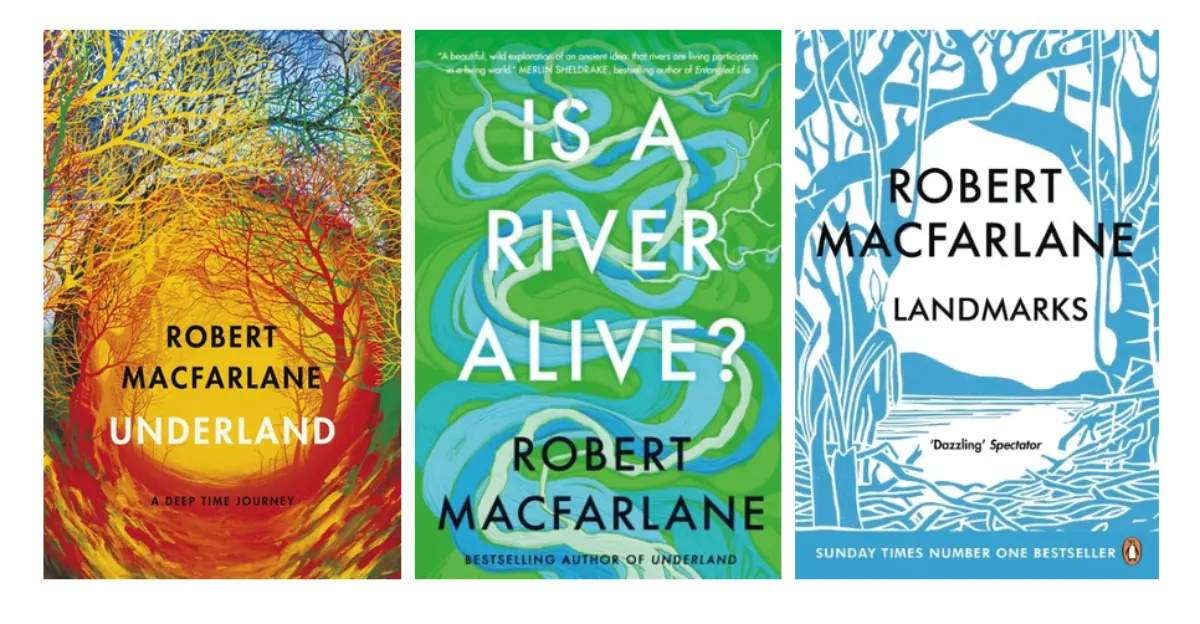Over 70% of searches are now AI-driven. Adapting your content strategy is becoming increasingly important for staying visible and relevant.
Not long ago, every digital marketer asked the same question: How do we rank on Google? But imagine this scenario: A business owner invests thousands into Google Ads and countless hours into Search Engine Optimisation (SEO), only to find organic traffic flatlining and ad returns shrinking. The leads just aren’t coming in like they used to. Meanwhile, their competitors are being discovered in entirely new ways – through AI-driven platforms such as ChatGPT, Claude, Gemini and Perplexity. The question now becomes: How do we feature in AI search results?
This is not an isolated story.
Research shows that, as of 2025, 71% of Americans now use AI to search for information online. AI platforms already drive 6.5% of organic traffic and are projected to reach 14.5% within the next year. While Google still dominates search traffic, AI-powered platforms are rapidly becoming increasingly significant discovery channels (Stainer, 2025).
It is estimated that the use of AI results in 6x searches per day, causing a 60% decrease in the average click-through rate (CTR) and a 30% reduction in organic traffic (Crowe, 2024).
Further research into the impact of AI on online traffic indicates a troubling reality: AI overviews can (based on the industry and search type) cause a 15% to 64% decline in organic traffic. Approximately 60% of searches yield in no clicks at all, as the AI-generated answers on the results page satisfy the user (Constantino, 2025).
This seismic shift is rewriting the rules of discoverability.
Why AI search is different
Unlike Google’s familiar ten blue links delivered in search results, AI-driven platforms generate direct answers. They synthesise data, context and credibility into concise responses. For businesses, this means:
- Ranking #1 is now less relevant – what matters now is being included in the AI’s answer set.
- Authority and structure are everything – if AI doesn’t recognise your brand as trustworthy and well-structured, you are effectively invisible.
- Context and relevance drive selection – content that directly addresses specific questions and provides clear value is cited more often.
The pain point? Brands clinging to outdated SEO tactics will see traffic, leads and ad revenue dwindle.
The rise of GEO (Generative Engine Optimisation)
Traditional SEO isn’t enough anymore. Enter Generative Engine Optimisation (GEO) – the practice of optimising content specifically for AI platforms.
While traditional SEO focuses on ranking in search results, GEO ensures that your content is included in AI-generated responses on ChatGPT, Perplexity, Claude, Gemini or Bing. Josh Blyskal, a leading answer engine optimisation (AEO) strategist and researcher, describes GEO as structuring content for large language models (LLMs) rather than for keywords.
Will Melton, widely recognised as one of the foremost AI SEO experts, adds: ‘AI search systems like Google’s SGE and ChatGPT reward depth, authority, and clarity, not shallow content or keyword tricks.’ (Melton, 2025). His frameworks are setting global standards for AI search success.

What you need to do now
- Create authoritative, evergreen content – thin blogs just won’t cut it anymore. Produce content AI wants to cite.
- Implement structured data and schema – make your content machine-readable.
- Build your brand as a trusted entity – appear on Wikidata, LinkedIn and industry directories. Stephan Spencer, SEO expert and co-author of The Art of SEO, puts it plainly: ‘We need to find ways to differentiate your website to make it seem like it’s handcrafted, fact-checked, authoritative, and trustworthy.’ (Jantsch, 2025).
- Prioritise clarity and context – use structured sections, FAQs and semantic headings.
- Invest in GEO training – learn strategies that position you in generative search results.
How our course bridges the gap
At NZ Writers’ College, we understand the frustration of declining organic searches and wasted ad revenue. That’s why we developed our Write SEO and GEO Content for Websites Course.
This course empowers writers and marketers to:
- master foundational SEO,
- learn cutting-edge GEO tactics to appear in AI answers and searches, and
- create content that not only ranks but also gets referenced by AI-driven platforms.
The growth of AI search doesn’t spell the end of traditional SEO. Instead, it expands the way we think about content optimisation. Google-recognised SEO expert Mehboob Shar emphasises the importance of adaptability. Brands that evolve their content strategies to work across multiple discovery channels will be best positioned for long-term success.
Generative models mainly attract younger users – Millennials and Gen Z (‘Zoomers’) – who often bypass search engines altogether. Adapting your content strategies now will help capture these audiences in the years ahead.
Don’t let your content vanish from AI search results. Enrol in the Writing SEO and GEO Content for Websites Course at NZ Writers’ College and ensure your brand remains discoverable in the age of AI.

References
Constantino, T. (2025, April 14). The 60% problem – How AI search is draining your traffic. Forbes. https://www.forbes.com/sites/torconstantino/2025/04/14/the-60-problem—how-ai-search-is-draining-your-traffic/
Crowe, A. (2024, June 26). How will generative AI impact website rankings and traffic? Search Engine Land. https://searchengineland.com/generative-ai-impact-website-rankings-traffic-443624
Jantsch, J. (Host). (2024, Feb 15). Mastering SEO in the age of AI [Audio podcast episode]. In Duct Tape Marketing. https://ducttapemarketing.com/mastering-seo-age-ai/
Melton, W. (2025, June 08). The confidence economy: Why search is changing, and what AI really wants from you. Will Melton. https://willmelton.com/the-confidence-economy-why-search-is-changing-and-what-ai-really-wants-from-you/
Stainer, J. (2025, June 26). What is generative engine optimization (GEO)? 2025 Guide. Skale. https://skale.so/marketing/geo/












